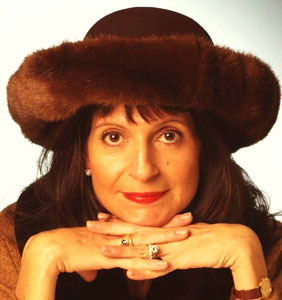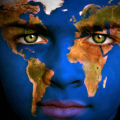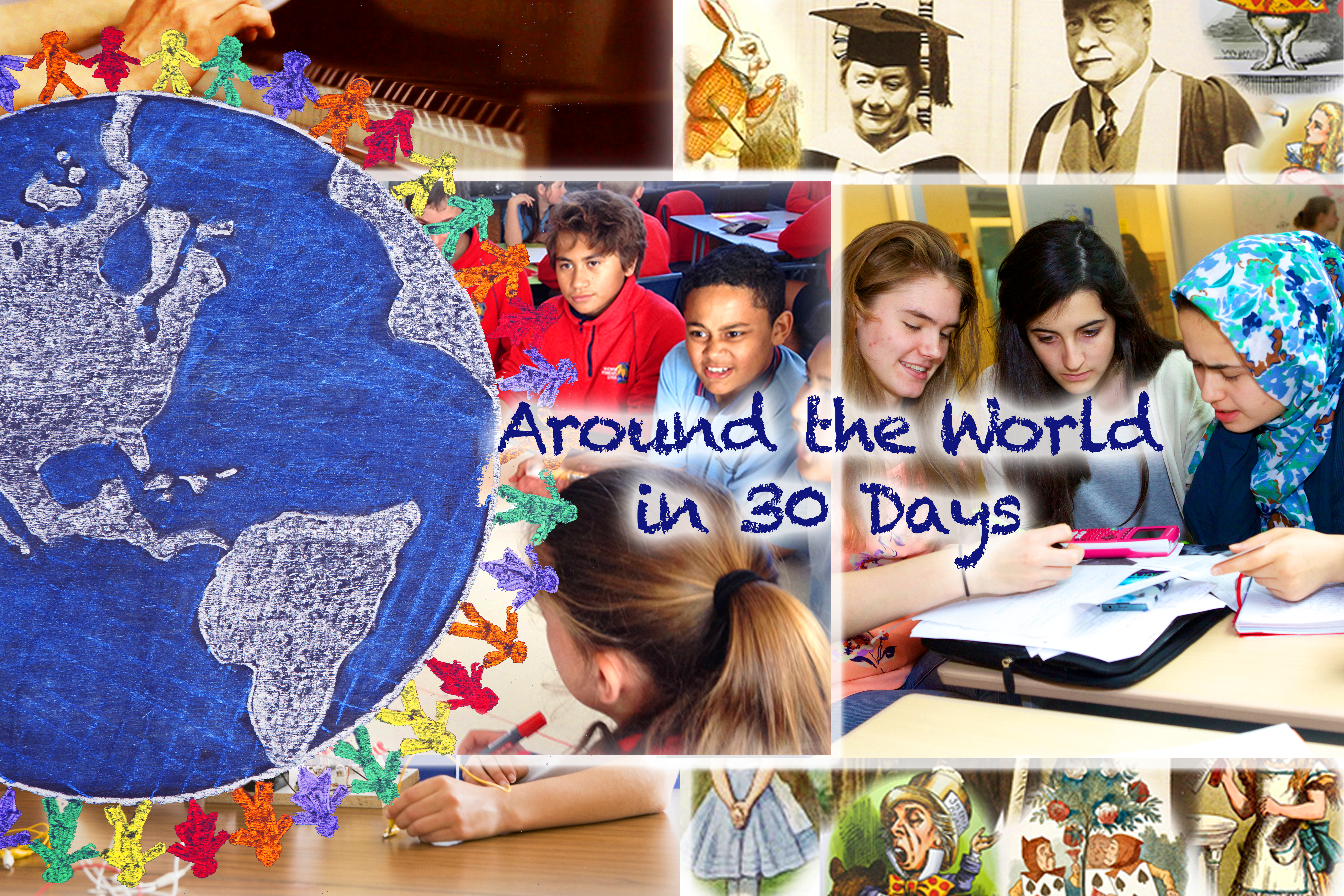What are the biggest trends shaping education? Definire l'alfabetizzazione dell'apprendimento? In che modo l'educazione online sta trasformando l'America Latina? Our voices in Il Global Ricerca per l'Educazione questo mese, tra cui Thana Faroq, Gabriel Sanchez Zinny, Tracy Burns, Felix Bernstein, Michael CALL, Jon Harman e Jim Wynn, condiviso intuizioni profonde nel mondo dell'arte, the growing opportunities afforded by new technology, the lessons learned in observing street life, and strategies to revolutionize education in order to realize in our children the promises of life-long learning. And listen up Silicon Valley – la nostra Top 12 Global Teachers have also shared their top tips on designing software for the world’s classrooms.
How education will serve a rapidly changing global economy has continually become a more pressing issue. This is no less the case in Latin America. Gabriel Sanchez Zinny addressed the need for educational transformation in newly burgeoning economies: “As Latin America comes down from a decade of growth based on exporting commodities at high world prices, it faces the next challenge: transitioning to a higher-productivity economy.” With growth comes the need for new skills and a new market for post-secondary education. The problem here is the price tag of traditional schools and “privato, lower-cost, largely online options are well positioned to reshape education more fundamentally.”
Talented young artist Felix Bernstein’s debut of Bieber Bathos Elegy at The Whitney Museum of American Art this month is a hybrid work of opera, poesia, cabaret drag, and deconstruction criticism featuring Bernstein as the thinking millenial’s poet trying to figure out where lieth the reality in the labyrinth of life in a digital age. The performance also evokes the theme of mourning and loss. Bernstein allows personal tragedy, the death of his sister, to influence his art. “In your early twenties, you have to go really fast otherwise you miss the boat. And I’m on the boat…but I’m not willing to merely look forward.”
Perhaps the greatest challenge facing global education is rising inequality. Tracy Burns, in her interview about the OECD report, Tendenze che danno forma all'istruzione 2016, clearly outlined the discrepancy: “…the gap between rich and poor is at its highest level in 30 years.” Problems that face these countries are not limited to economic inequality. They include climate change, the expansion of metropolitan life, tight domestic budgets, and changing labor demands. And Burns commented, “…education systems need to create critical thinkers that are able to connect their daily decisions to long-term consequences – not just for themselves but for society as a whole.”
“We have never taught people how to learn. We have confused the teaching of soft skills as teaching learning, but it wasn’t.” This thought from CEO of Imagine Entertainment, Jim Wynn, set the tone for the 16th Education Fast Forward (EFF16) dibattito. Keynotes including Secretary General of the International Federated Red Cross and Red Crescent Societies, Elhadj As Sy, Senior Education & Technology Policy Specialist and Global Lead for Innovation in Education at the World Bank, Michael CALL, and ICT and Digital Literacy expert Jon Harman, joined delegates from nations all over the globe to debate how we develop learning capacities, the behaviors we now need as well as the competencies essential to thriving in a globally connected world.
“Le storie che attraversano le barriere culturali possono descrivere loro le realtà e portare nuove prospettive nei loro piccoli mondi. Cresceranno con valori reali di tolleranza, love and understanding.” Powerful insights from young Yemenese artist Thana Faroq who uses her art “per eliminare l'ignoranza, educare e ispirare, anche durante i periodi di guerra.” In my interview with Thana, she reflected on storytelling through pictures, the role her International Baccalaureate education played in her incredible journey as an artist, and the capacity of the human spirit to prevail.
Tributes continue to flow for the remarkable Joe Bower who unexpectedly passed on in early January. Through his regular contributions to the Top 12 Global Teacher Blogger series each month, Joe inspired me, our entire team and thousands of educators, parents and students around the world. Joe’s legacy lives on in the rich contributions he made to all those who knew him and in his popular blog, “For the Love of Learning.”

Unitevi a me e leader di pensiero di fama mondiale tra cui Sir Michael Barber (Regno Unito), Dr. Michael Block (Stati Uniti), Dr. Leon Botstein (Stati Uniti), Il professor Argilla Christensen (Stati Uniti), Dr. Linda di Darling-Hammond (Stati Uniti), Dr. MadhavChavan (India), Il professor Michael Fullan (Canada), Il professor Howard Gardner (Stati Uniti), Il professor Andy Hargreaves (Stati Uniti), Il professor Yvonne Hellman (Paesi Bassi), Il professor Kristin Helstad (Norvegia), Jean Hendrickson (Stati Uniti), Il professor Rose Hipkins (Nuova Zelanda), Il professor Cornelia Hoogland (Canada), Onorevole Jeff Johnson (Canada), Sig.ra. Chantal Kaufmann (Belgio), Dr. EijaKauppinen (Finlandia), Sottosegretario di Stato TapioKosunen (Finlandia), Il professor Dominique Lafontaine (Belgio), Il professor Hugh Lauder (Regno Unito), Signore Ken Macdonald (Regno Unito), Il professor Geoff Masters (Australia), Il professor Barry McGaw (Australia), Shiv Nadar (India), Il professor R. Natarajan (India), Dr. PAK NG (Singapore), Dr. Denise Papa (Stati Uniti), Sridhar Rajagopalan (India), Dr. Diane Ravitch (Stati Uniti), Richard Wilson Riley (Stati Uniti), Sir Ken Robinson (Regno Unito), Professor Pasi Sahlberg (Finlandia), Il professor Manabu Sato (Giappone), Andreas Schleicher (PISA, OCSE), Dr. Anthony Seldon (Regno Unito), Dr. David Shaffer (Stati Uniti), Dr. Kirsten Immersive Are (Norvegia), Cancelliere Stephen Spahn (Stati Uniti), Yves Theze (LyceeFrancais Stati Uniti), Il professor Charles Ungerleider (Canada), Il professor Tony Wagner (Stati Uniti), Sir David Watson (Regno Unito), Professor Dylan Wiliam (Regno Unito), Dr. Mark Wormald (Regno Unito), Il professor Theo Wubbels (Paesi Bassi), Il professor Michael Young (Regno Unito), e il professor Zhang Minxuan (Porcellana) mentre esplorano le grandi questioni educative immagine che tutte le nazioni devono affrontare oggi.
Il Global Ricerca per l'Educazione della Comunità Pagina
C. M. Rubin è l'autore di due ampiamente lettura serie on-line per il quale ha ricevuto una 2011 Premio Upton Sinclair, “Il Global Ricerca per l'Educazione” e “Come faremo a Leggere?” Lei è anche l'autore di tre libri bestseller, Compreso The Real Alice in Wonderland, è l'editore di CMRubinWorld, ed è un disgregatore Foundation Fellow.
Segui C. M. Rubin su Twitter: www.twitter.com/@cmrubinworld






Commenti recenti